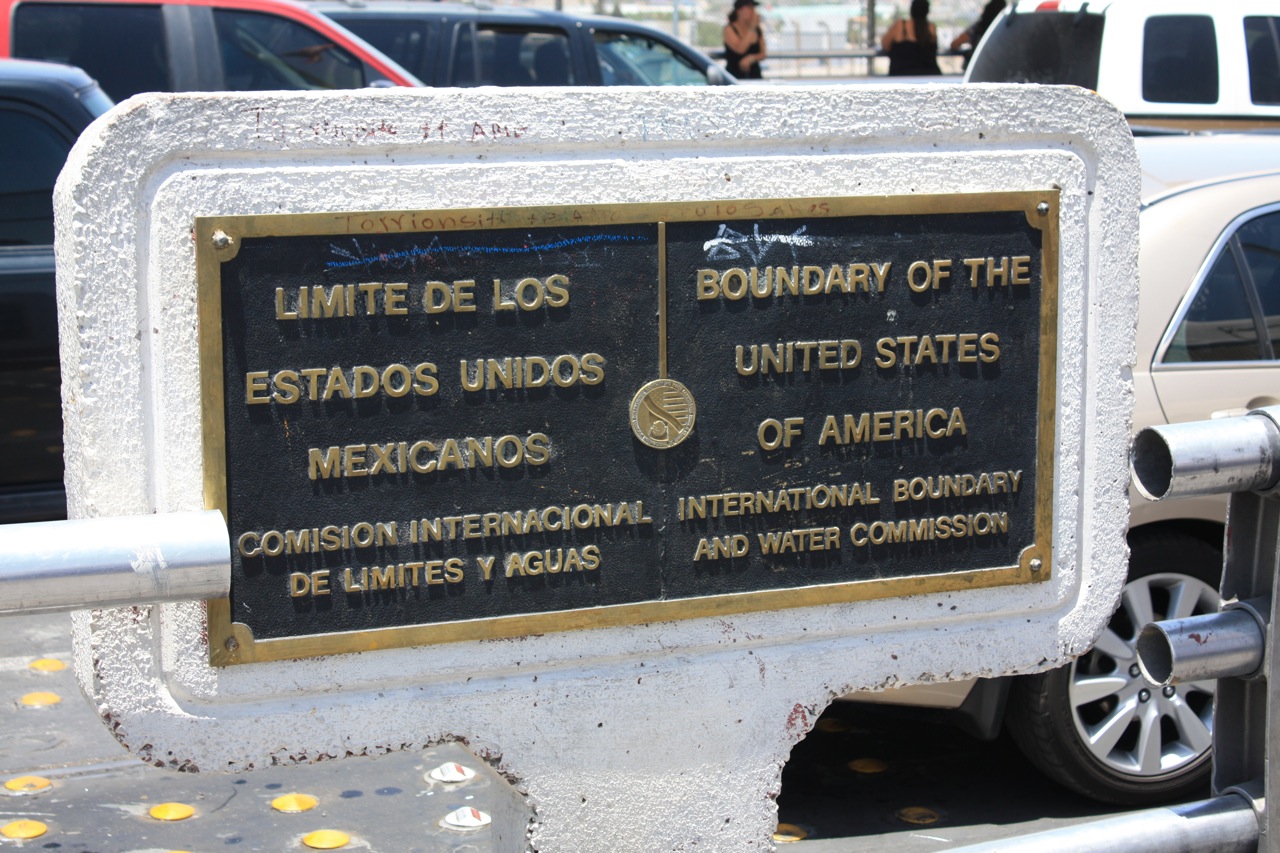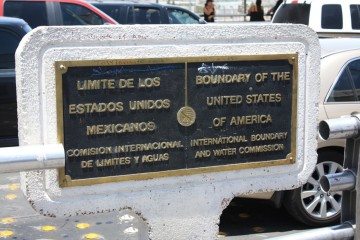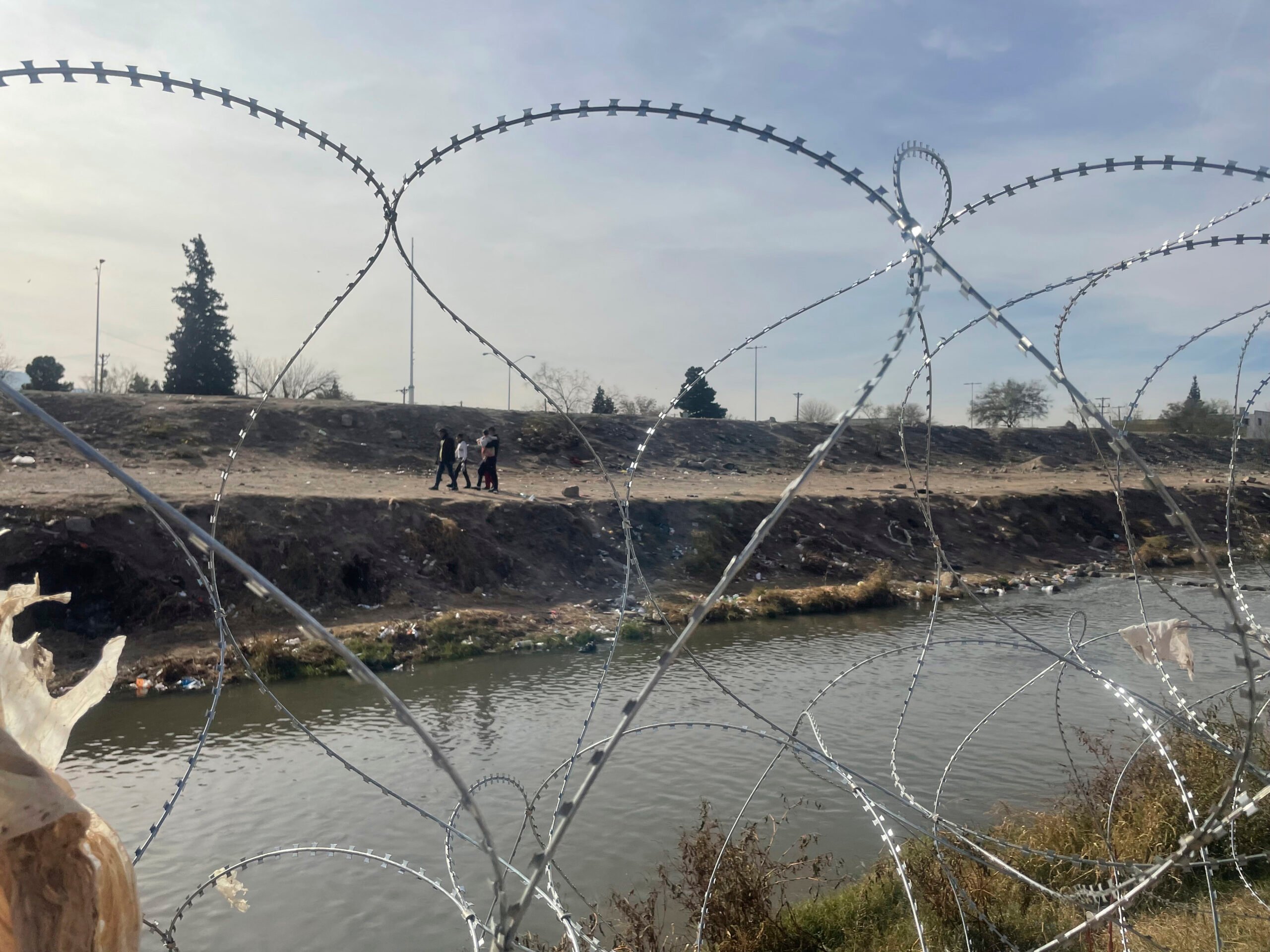
Agents Humiliated, Wrongfully Detained Border-Crossers, Say Civil Rights Groups


Border rights advocates want the Department of Homeland Security (DHS) to investigate allegations of coercive interrogation, excessive use of force and wrongful detention by Border Patrol agents at the El Paso and southern New Mexico crossings.
The ACLU of Texas, the ACLU of New Mexico and the nonprofit Southern Border Communities Coalition (SBCC) filed a complaint with DHS on Tuesday on behalf of people who say they experienced various types of mistreatment when crossing between the United States and Mexico.
The complaint details 13 incidents, which, according to the groups, “reveal a pattern of CBP [U.S. Customs and Border Protection] coercion and abuse,” deny individuals their rights to due process and violate international human rights laws.
“When individuals are detained by CBP officers, they must … not be subjected to physical or psychological treatment amounting to torture or other cruel, inhuman or degrading treatment,” the complaint reads.
The groups say the incidents took place between January 2013 and October 2015. In one case, a woman identified as Jane Doe — a legal permanent resident of the United States — says she was strip searched on two occasions without explanation by CPB officers at the Santa Fe bridge and Yselta-Zaragoza bridge in New Mexico.
“They made her lower her pants and underwear to her knees,” the complaint says. “Ms. Doe was menstruating at the time and found the search extremely humiliating.”
In another case, Amanda Rodriguez Varela, a 51-year-old activist and Mexican citizen, says officers falsely accused her of being a sex worker and threatened her with criminal prostitution charges while she was crossing El Paso’s Paseo del Norte International Bridge. According to the complaint, Rodriguez Verela says she had proof of employment with a women’s rights organization and a visa allowing her to travel to the United States, but that officers told her she was “being a whore.”
Rodriguez Varela and four other individuals allege Border Patrol agents forced them to sign English-language deportation documents that they didn’t understand.
The groups argue that Border Patrol agents must treat children, pregnant women, people with disabilities and trafficking victims with “special care” at ports of entry, but some allegations indicate the opposite.
In one complaint, a pregnant woman alleges that Border Patrol agents at a New Mexico port of entry questioned her relative for six hours and denied her food and water while she waited in her car, which led to her dehydration. Another woman says officers ignored her when she was experiencing a medical emergency in her car while on an international bridge.
In a statement provided to the Observer via email, DHS spokesperson Daniel Hetlage wrote that the agency “does not tolerate discrimination nor mistreatment,” and is taking the groups’ complaint seriously.
“CBP provides ongoing training in customer service and professionalism at the entry-level, and throughout an officer’s career” and has “dedicated officers covering all operational environments to specifically handle professionalism-related issues and concerns, which are highlighted via posters and outreach at all ports of entry,” Hetlage wrote.
The organizations want DHS to create a “uniform” system for individuals to file complaints, increase oversight of Border Patrol agents and implement body cameras.
“We will continue to hold CBP accountable for blatant constitutional abuses, including excessive use of force, on citizens and non-citizens alike,” Edgar Saldívar, senior staff attorney for the ACLU of Texas, said in a press release. “We call for improved and transparent complaint and custody policies as we continue defending the rights and liberties of residents in our border communities.”


